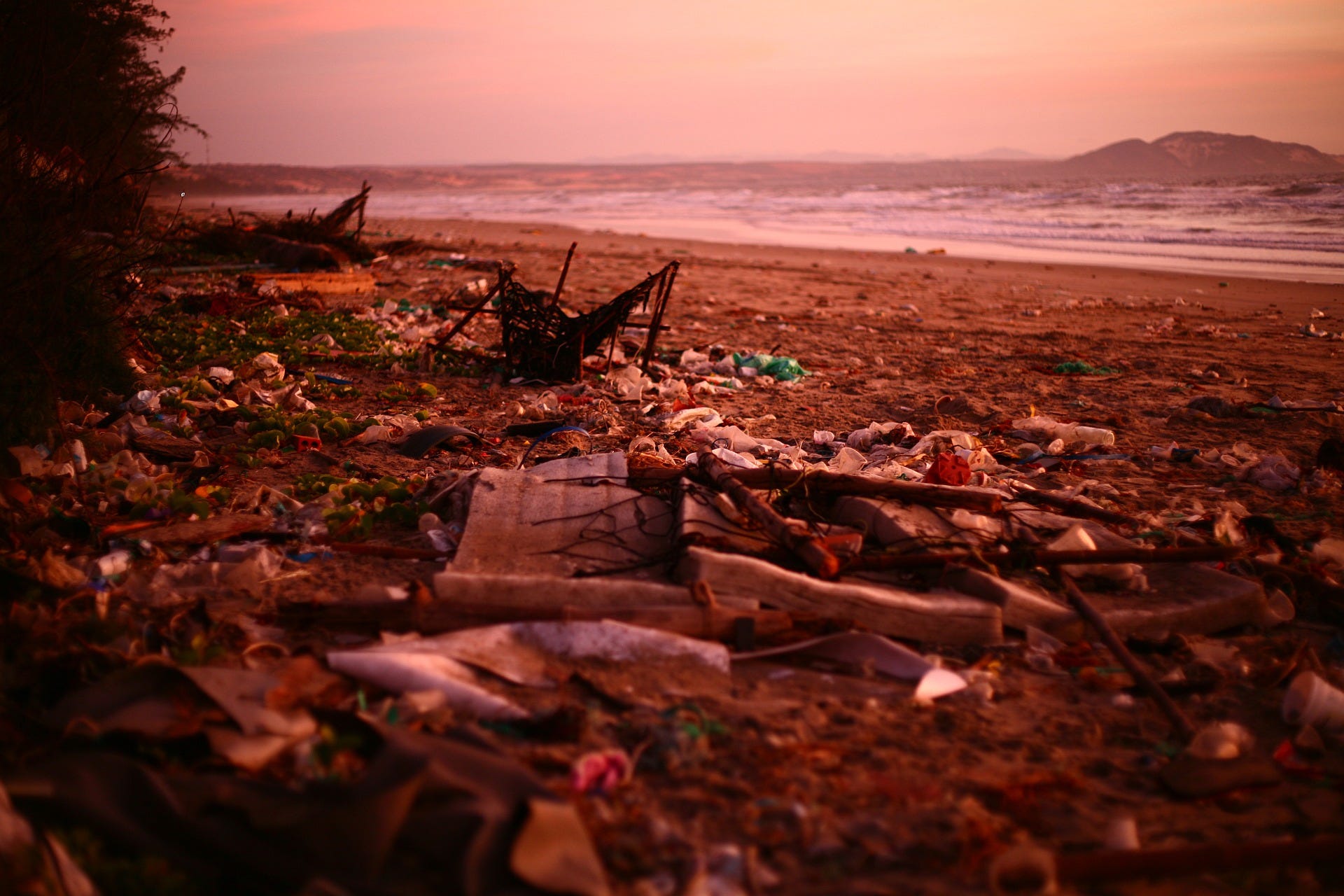Green economic growth is an article of ‘faith’ devoid of scientific evidence
Crack team that advised UN Global Sustainable Development Report settle a longstanding debate with hard empirical data

For years, financial institutions and governments have been focused on the idea of ‘decoupling’ GDP growth from resource use. This has been driven by the recognition that to stay within the ‘safe limit’ of 2 degrees Celsius, we have to dramatically reduce our material consumption.
The goal is to keep our economies growing to sustain prosperity while reducing our actual resource use and material footprint. The bottom line is that without reducing our overall use of planetary resources, we are bound to cross the line into a dangerous climate. But is doing so consistent with the continued increase in economic growth?
The conventional belief has been most recently articulated in a recent book, More From Less, by Andrew McAfee, principal research scientist the MIT Sloan School of Management. Financial and other data, McAfee argued, shows we can actually easily reduce our material footprint while continuing to grow our economies in a win-win scenario.
But new scientific analysis by a group of systems scientists and economists proves that this contention is completely groundless. Far from being based on hard evidence, this sort of claim is instead derived from egregious selective readings of statistical data.
Decades of research on material flows confirm that there are “no realistic scenarios” for such decoupling going forward.
Combing through 179 of the best studies of this issue from 1990 to 2019 further reveals “no evidence” that any meaningful decoupling has ever taken place.
…click on the above link to read the rest of the article…